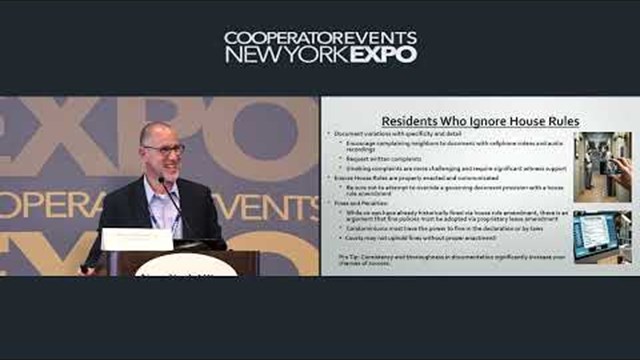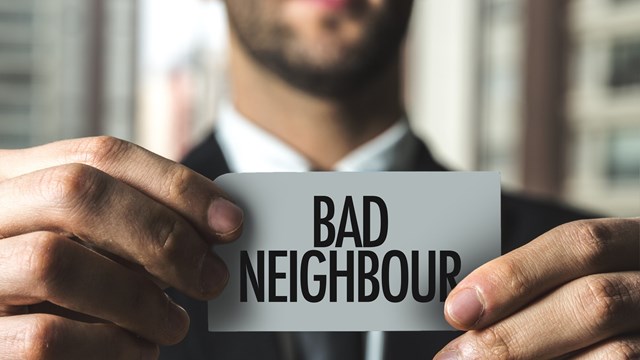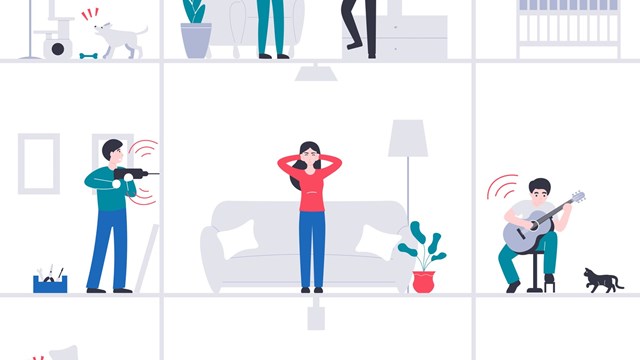
Q. I live in a 194-unit co-op where many shareholders are breaking one or more of the house rules. Our management claims the rules cannot be enforced because the courts do not recognize them. If this is true, how does a co-op protect its shareholders investment? Also, are shareholders entitled to amendments each year from the sponsor?
—Confused Shareholder
A. “Barring any unusual language in your proprietary lease, a cooperative’s house rules are 100 percent enforceable in court,” says attorney Rachael Ratner of the New York-based firm of Schwartz Sladkus Reich Greenberg Atlas LLP. “House rules provide important guidelines for residents to follow on a day-to-day basis to ensure a building stays clean and well-kept, and to minimize noise, odors, and other nuisances attendant to communal living. They can address a wide variety of issues from trash disposal to pets to the use of hallways, elevators, and other public spaces. Because house rules are vital for preserving the quality of life in a building, most all proprietary leases include a provision, which expressly incorporates the house rules into the lease. This obligates shareholders (and typically their subtenants, employees and guests) to obey house rules as a condition of their tenancy. A shareholder who breaks the rules risks a judge holding them in default of their lease, a finding which could result in a court order forcing the shareholder to follow the rules, or in extreme cases, eviction. Shareholders are well-advised to follow house rules, not only to avoid these legal consequences, but also out of simple respect for their neighbors.
“As for offering plan amendments, a sponsor is generally required to serve copies of amendments to an offering plan on shareholders or unit owners, in the case of a condominium.”









Comments
Leave a Comment